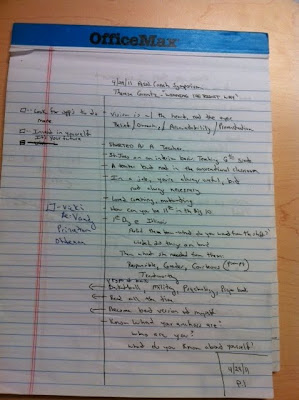
The truly great ones leave a legacy of strong leaders whom have benefited from their example, their encouragement, and their mentoring. Great leaders develop other great leaders
During my months in combat, I’d come to understand that a soldier owes loyalty to his unit and to his boss. A leader must be able to count on the complete support of his subordinates. As Eric Antila climbed into that jeep and assumed full responsibility for my actions during the Battle of the Y Bridge, however, I realized that loyalty not only flows up the chain of command: It flows down as well.
“Soldiers have a lot of moving parts,” I began. “They require regular maintenance. They are human beings, not machines. They will do amazing things if they know you care about them.”
“What I’ve learned is that being in charge doesn’t automatically mean you know what’s going on. That’s going to change in this battery. “
“If a trooper comes to you with a problem, remember this: It’s your problem, and it’s my problem. We’re not going to lose good soldiers because we don’t give a rat’s ass about them as people.”






























